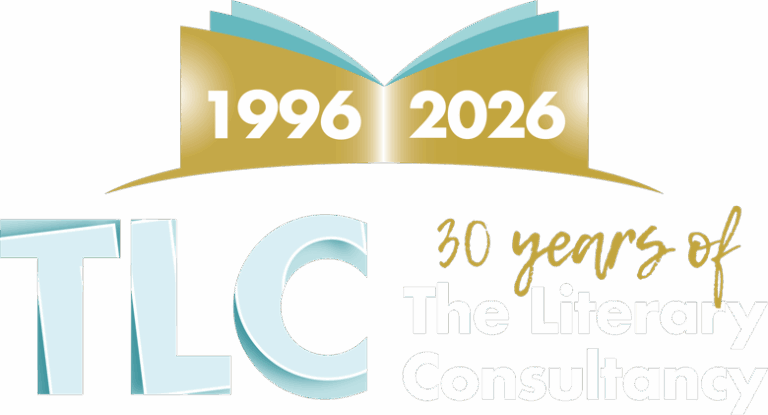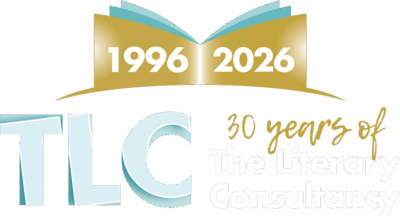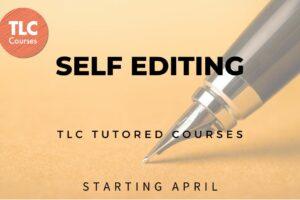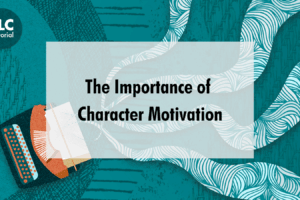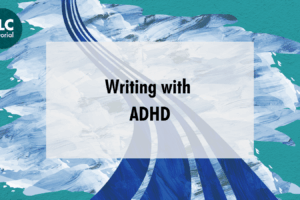I’ve been thinking a lot about what makes a good editor recently. Mainly because it’s amazing how many people don’t know what an editor does, apart from apparently ‘dotting “i”s and crossing “t”s”. I’ve been in publishing since I left university, fell into it by accident after answering a tiny ad in the Evening Standard that was intriguing enough to get me along to a bar near the Cut, Waterloo, where I was interviewed. The rest, as they say, is history. That was a small Anglo–American indie press, and the wonderful people I worked with had two major things in common: they loved words, in any form, and wanted our books to be the best they could be. And they taught me, trained me, with great heart and generosity, to be a good editor, through that love.
For me, editing is about shaping words, shaping story and bringing out voice. It’s about helping writers, fledgling or experienced, see the story, poem, play, that has lived in their head, translate clearly onto the page.
The manuscript assessment reports that we create are to my mind like an early development edit. The kind of feedback we give is based on deconstructing what’s been written and putting it back together again, giving advice on things that may or may not work and helping writers to see a way forward. It’s about treating things that may not be our particular bag with respect, especially if what we’re looking at is challenging, for whatever reason. It’s about being able to see if something has legs, or potentially might have, commercially.
Quite often though there’s a disconnect in a first draft, in particular, between the world living in a writer’s brain and what they get onto the page. That world and the characters that furnish it are so familiar that it’s easy to forget that the motivations or intent driving the story may not be as obvious to the reader. That we need the hooks and hints (and not information dumps) to keep us interested. To get that wonderful ‘Aha, that’s how that happened?’/’God, why didn’t I see that?!’ moment at the end. That’s something that comes up a lot in my feedback. And it’s important to find ways to help draw those things out in the next draft and to encourage the writer to be brave enough to cull words that may detract from the story – or prevent us from feeling the heart that informs it.
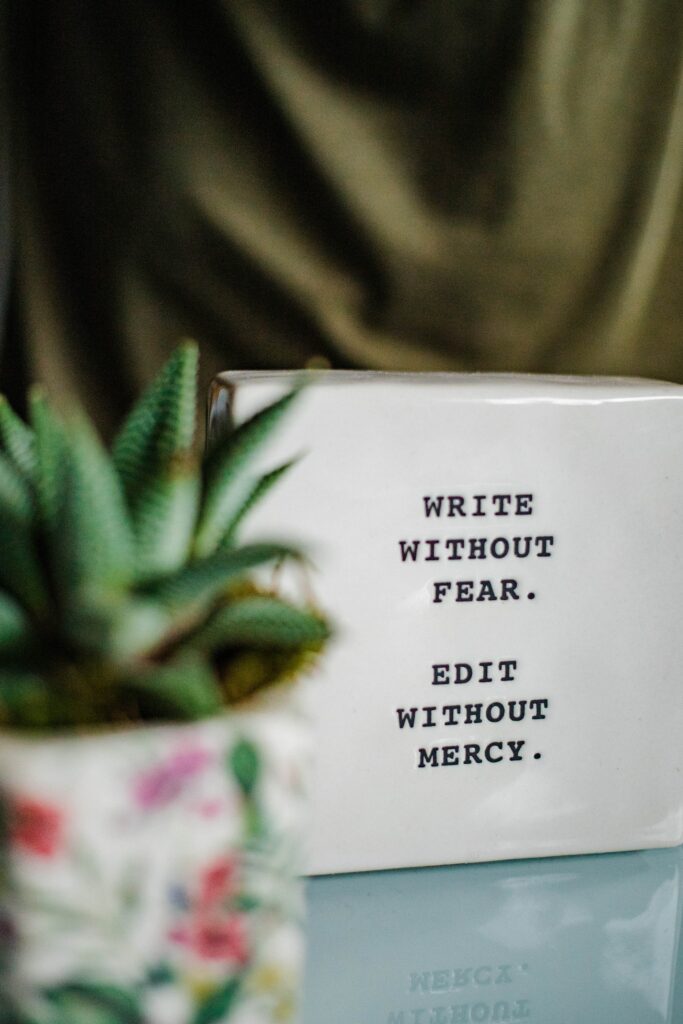
When I’m reading an extract or full typescript, I have a few things I look for: ‘heart’ is essential. The intent behind a story is important, of course. Why does anyone write anything? What makes it stand out? But while various courses teach people about writing, one can’t teach heart. If the writer doesn’t believe in their world, their protagonists, how can we? If they’re not fully committed to their story and characters, how can we be? And if they’re writing because they’ve read something similar that was commercially and critically successful, but their own story lacks heart, lacks conviction, it won’t work. Readers – and I mean the end reader, as well – we are not stupid. So, please do not underestimate us.
Another thing that quite often crops up is what I call ‘framing’. I was lucky enough to grow up in a house crammed with books, of all descriptions and languages. My dad wrote, was a poet primarily, and just loved any form of writing, any genre. We share that. I remember being mesmerised by the colours and fonts of old Penguins, the faded yellowing pages of well-thumbed giallos, the bright, often garish covers of American blockbusters and Mills & Boons, the quietly dignified editions of Tagore’s writings, Yeats’ poetry, Shakespeare’s plays. It was the packaging, the framing, that allowed the words these writers penned to shine. And those editions – wildly different editions, of varying styles and quality – also allowed me to appreciate the minutiae: the breath that comes with using specific punctuation; the space between lines and words; how a font can change the way one reads. And that all translates to the typescripts we read.
If a writer’s bothered to present their typescript clearly, coherently, consistently – even if they’re breaking all rules re: language and grammar – then we, the reader, the editor, can focus. We can forget about anything other than their words, their story, their characters. And that’s what they really want. They want us enthralled. And with access to the internet, copious free guidelines and advice, writers’ forums, vlogs, social media platforms, online dictionaries (including industry standards, Oxford lexico, Collins (UK) and Merriam Webster (US)), it’s pretty easy to present something well, with comparatively little effort or expense. These are all things I suggest a lot in feedback.

As a writer and an editor, I view what we do for TLC as an honour and a privilege. These writers are entrusting their precious stories to us. And whether or not their intention is to write something commercially viable is, I believe, largely irrelevant. It’s the heart, the intent, the voice that make something sing. So, while the particular piece of writing under review may not work, perhaps the next one will. And the feedback we give them, the way in which we do it, could be the difference between them writing that book, or not. So, yes, we have to be honest, but we also have to care.
